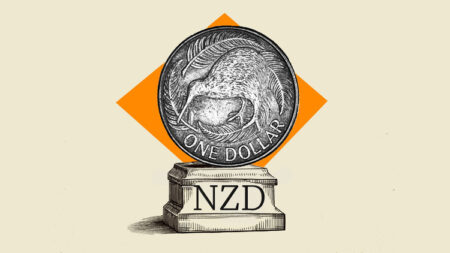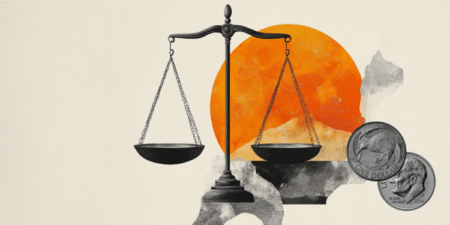The Euro (EUR) remains under pressure on Tuesday, slipping toward a one-month low against the US Dollar (USD) as deepening political turmoil in France fuels risk-off sentiment in European markets. At the time of writing, EUR/USD is trading around 1.1672, stabilizing somewhat after earlier losses.
French Prime Minister Sébastien Lecornu resigned on Monday, only weeks after taking office, deepening the country’s political crisis and adding pressure on President Emmanuel Macron. Macron has asked the outgoing prime minister to stay in office until Wednesday evening to hold “final negotiations” with political parties in an effort to define a platform for action and stability for the country.
The resignation has highlighted Macron’s growing political isolation, as former allies, including ex-Prime Minister Édouard Philippe, have urged him to call early elections.
Meanwhile, the Greenback is drawing support from the political turmoil in France as investors seek safer assets. The US Dollar Index (DXY), which tracks the Greenback against a basket of major currencies, is hovering around 98.40, up nearly 0.30% on the day, marking its strongest level since September 25.
The renewed demand for the Greenback underscores market caution, with traders betting the US Dollar will remain resilient amid global political and economic uncertainty. However, the prolonged United States (US) government shutdown is already disrupting the release of key economic data, adding another layer of risk for markets.
While the Greenback continues to attract safe-haven flows for now, traders are wary that the disruption, combined with mounting expectations of further interest rate cuts by the Federal Reserve (Fed) at its upcoming October and December policy meetings, could limit the US Dollar’s ability to extend its recent gains.
Looking ahead, markets will closely watch upcoming remarks from Fed officials for signals on the monetary policy outlook. Policymakers have emphasized that inflation remains above the 2% target and that the central bank must carefully balance its dual mandate before committing to additional policy easing.
Read the full article here
















